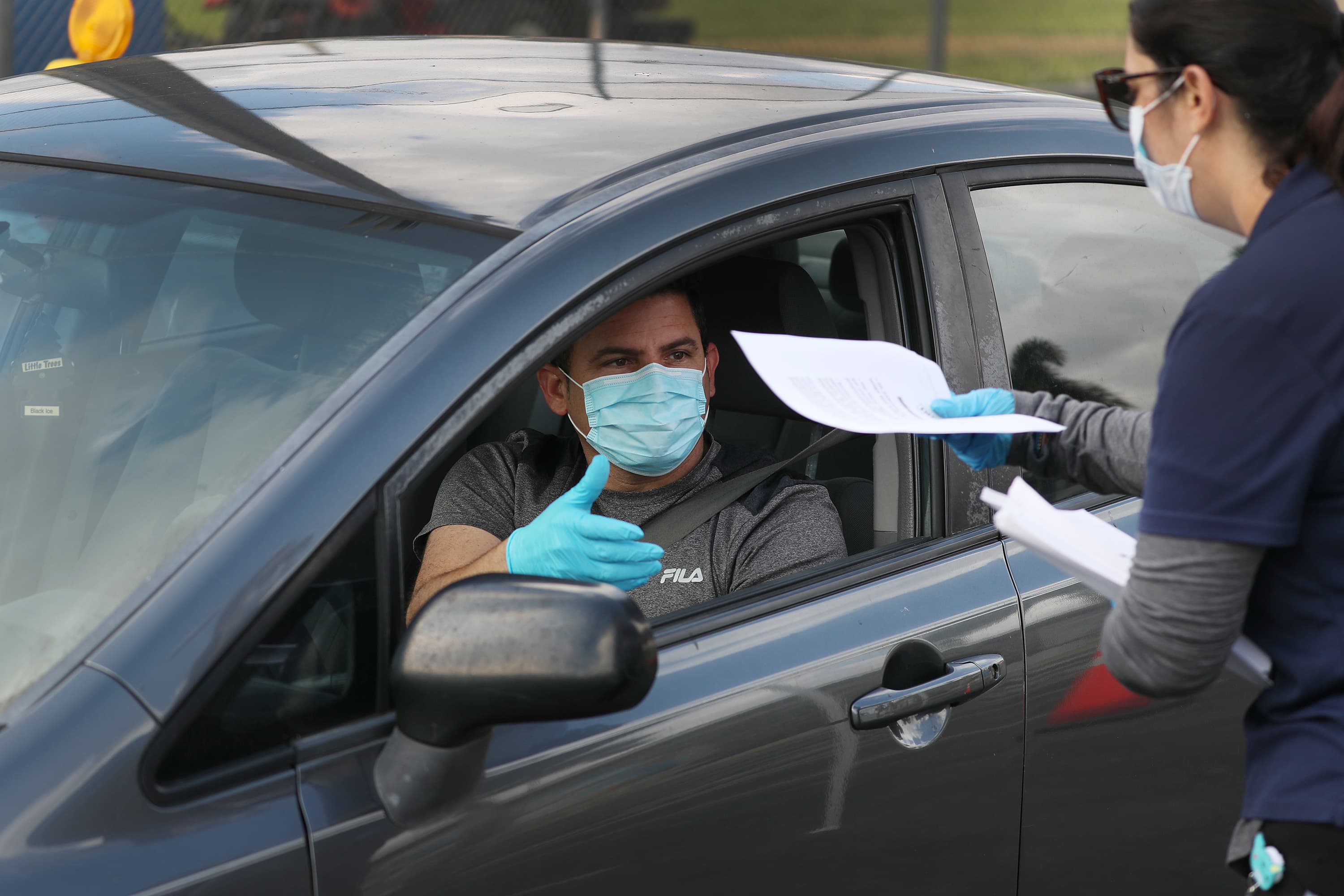Importance of Financial Literacy for Drivers. Many drivers are unfamiliar with basic financial concepts, such as budgeting and credit scores, which can have a significant impact on their ability to manage their finances and make informed decisions when it comes to traffic finance. In this blog post, we can discuss the importance of financial literacy for drivers and provide tips for improving financial literacy.
Managing personal finances can be challenging for anyone, but for drivers in the traffic industry, it can be especially difficult. Drivers have unique financial challenges, such as managing irregular income, dealing with unexpected expenses on the road, and navigating complex tax laws. To help drivers navigate these challenges and improve their financial well-being, financial literacy is crucial. In this blog post, we will explore the importance of financial literacy for drivers, common financial challenges faced by drivers, tips for improving financial literacy, and resources available for drivers to improve their financial literacy.
The Importance of Financial Literacy for Drivers:
Financial literacy is the ability to understand and effectively manage personal finances. It includes knowledge of financial concepts such as budgeting, saving, investing, and managing debt. For drivers in the traffic industry, financial literacy is especially important because of the unique financial challenges they face. Drivers often have irregular incomes and may not have access to traditional banking services while on the road. They must also navigate complex tax laws and manage unexpected expenses, such as vehicle repairs or medical bills.
Common Financial Challenges Faced by Drivers:
One of the most significant financial challenges faced by drivers is managing irregular income. Drivers are often paid per mile or per load, and their income can vary greatly from week to week. This makes it difficult to create a budget and plan for the future. Additionally, drivers may not have access to traditional banking services while on the road, which can make it difficult to manage their finances. They may need to rely on check-cashing services or prepaid debit cards, which can come with high fees.
Another common financial challenge faced by drivers is managing unexpected expenses on the road. Vehicle repairs, medical bills, and other unexpected expenses can quickly eat into a driver’s income. Drivers must be prepared for these expenses and have a plan in place to pay for them.
Tips for Improving Financial Literacy:
Improving financial literacy can help drivers manage their finances more effectively and improve their financial well-being. Here are some tips for improving financial literacy:
- Create a budget: A budget can help drivers track their income and expenses and plan for the future. Drivers should consider all their expenses, including fuel, food, lodging, and vehicle maintenance, and create a realistic budget based on their income.
- Use financial management tools: There are many financial management tools available to help drivers manage their finances. These tools can help drivers track their income and expenses, create a budget, and save for the future.
- Learn about taxes: Drivers must navigate complex tax laws, and understanding these laws can help them avoid costly mistakes. Drivers should consult with a tax professional or use tax software to ensure they are compliant with all tax laws.
- Save for the future: Drivers should prioritize saving for the future, such as retirement or unexpected expenses. Setting aside a portion of their income each month can help drivers build a financial cushion and achieve their long-term financial goals.
Resources for Drivers to Improve Financial Literacy:
There are many resources available for drivers to improve their financial literacy. These resources include online courses, financial management tools, and financial coaching services. Drivers can also consult with a financial advisor or tax professional to get personalized advice on managing their finances.
Managing personal finances can be challenging, especially for drivers in the traffic industry. However, improving financial literacy can help drivers navigate these challenges and improve their financial well-being. By creating a budget, using financial management tools, learning about taxes, and saving for the future, drivers can take control of their finances and achieve their long-term financial goals. With the resources available today, improving financial literacy is more accessible than ever.




